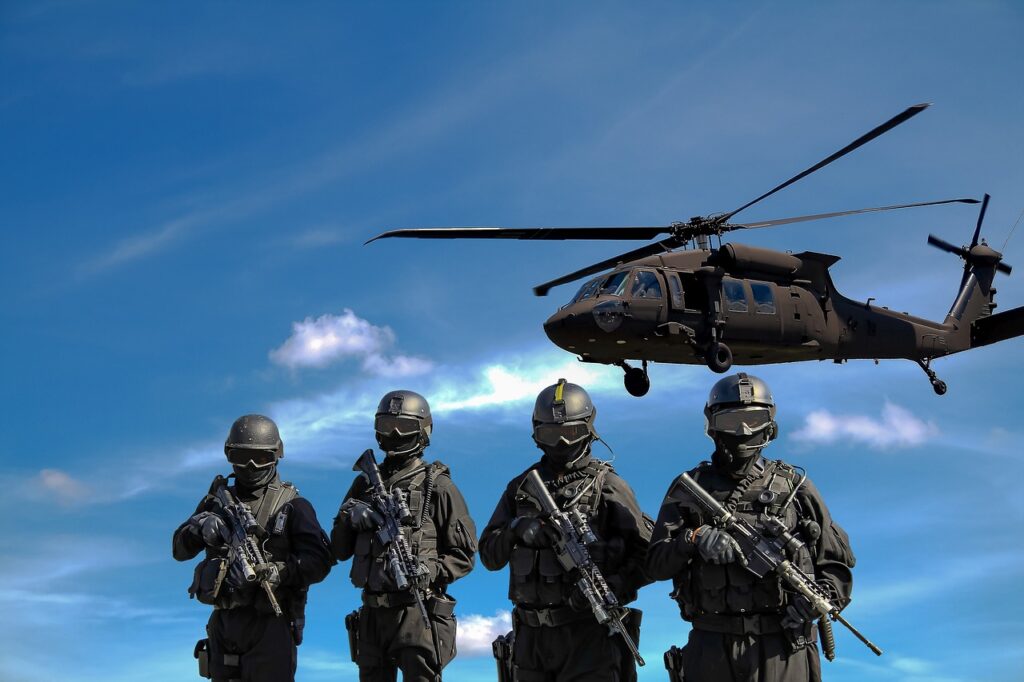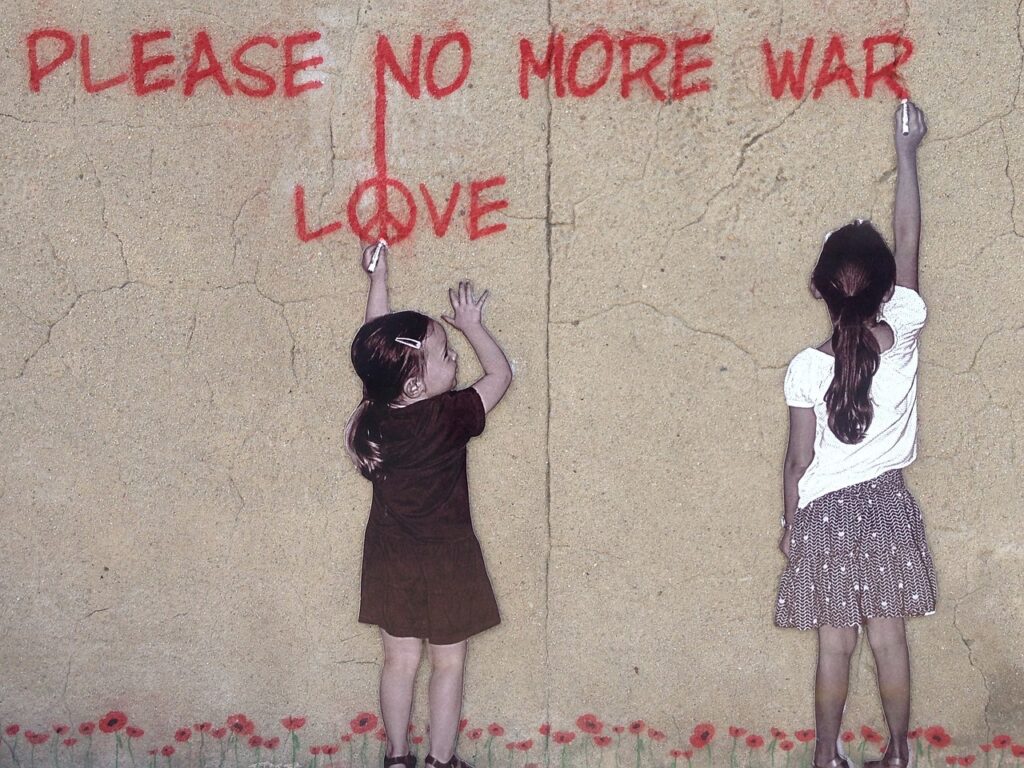The Israel-Hamas war has been a longstanding conflict with deep-rooted historical, political, and religious tensions. Understanding its complexities is crucial to grasping the current situation and its far-reaching implications.

A Brief History of the Israel-Palestine Conflict:
The conflict traces back to the early 20th century, with the establishment of the state of Israel in 1948. Palestinian Arabs felt displaced, leading to ongoing tensions and violence. The United Nations adopted Resolution 181 known as the partition plan which divided the British mandate of Palestine into Arab and Jewish states.
After the creation of Israel on May 14, 1948, the sparking of the first Arab-Israeli war was seen. And that was Israel’s victory as the war ended in 1949 but 750000 Palestinians were displaced and 3 new territories were made that is the state of Israel the west bank of the Jordan River and the Gaza strip. And the consequently continuous as the time passes.
The people of this territory may be Israel or it may be Palestine had faced a lot of difficulties because of the conflicts. The tension is still going on there and the lives of common people are being harassed and destroyed through the destruction of war.
Current Situation: Israel-Hamas War Explained:
The sectarianism got a new speed when Hamas won the Palestine authority parliamentary election in 2006 defeating longtime majority party Fatah. However, the United States and European Union did not recognize Hamas’s victory the coop has been considered a terrorist organisation since the late 1990s. After a lot of violence took place between Hamas and Fatah.
Between 2006 and 2011, a series of failed peace talks and deadly confrontations culminated in an agreement to reconcile. Fatah entered into a unity government with Hamas in 2014. The latest escalation began with tensions at the Al-Aqsa Mosque compound, followed by rocket attacks and retaliatory airstrikes. The conflict has resulted in significant loss of life, displacement, and infrastructure damage.
Who supports whom in the Israel-Hamas war?
The European Union, the US and other Western countries all have condemned the Hamas attack on Israel.
More than 260 billion US dollars have been given for the purpose of military and economic aid by Israel’s closest ally the US.
On the other hand, Russia and China have both refused to condemn Hamas and they are maintaining contact with both sides in the conflict. Russian President Putin has blamed US policy for the absence of peace in the Middle East.
Global Implications: How the Conflict Affects the World:
Global crude oil prices may increase to near 150 USD per barrel as 20 per cent of the total crude oil supply comes from West Asia. The war may spread to other countries in the Middle East, affecting oil and gas supply.
Iran’s involvement in the conflict may lead to U.S. sanctions, limiting its oil exports.
The war may disrupt oil and gas shipments in the Middle East.
The conflict may lead to instability around the Strait of Hormuz, the world’s most important energy chokepoint.
Regional instability
Global security concerns
Humanitarian crisis
Economic impacts
Humanitarian Crisis: The Devastating Impact on Civilians:
Displacement and refugees
Casualties and injuries
Infrastructure damage and humanitarian aid.
Here are some international responses to the Israel-Hamas war:
1. Algeria condemned Israel’s attacks on the Gaza Strip and called for international intervention to protect the Palestinian people.
2. Bahrain initially called for de-escalation, but later condemned Hamas and the killing and kidnapping of Israeli civilians.
3. Egypt warned of the dangers of escalation and called for restraint and international intervention to stop the fighting.
4. Iran supported the Palestinian people’s right to defend themselves and condemned Israel’s actions.
5. Iraq called for international action to end the occupation and restore the Palestinian people’s rights.
6. Jordan warned of the consequences of escalation and called for a political horizon to achieve peace.
7. Kuwait called for international action to stop the violence and protect the Palestinian people.
8. Morocco condemned the targeting of civilians and called for a return to calm and dialogue.
9. Oman called for restraint and international intervention to stop the escalation.
10. Qatar held Israel responsible for the escalation and called for international action to stop the violence.
11. Saudi Arabia supported the Palestinian people’s right to resist occupation.
12. Syria condemned Israel’s practices and supported the Palestinian people’s right to self-determination.
Path to Peace: Potential Solutions and Future Prospects:
Efforts to resolve the conflict have included peace talks, negotiations, and agreements such as the Oslo Accords (1993) and the Camp David Summit (2000). However, these efforts have been largely unsuccessful in achieving a lasting resolution.
The world doest want war as it destroys but the leaders want it. As we all know the Israel-Hamas War is taking a lots of
Two-state solution
International mediation
Palestinian unity and leadership

Recent Developments:
Tensions and violence continue as the Israel-Hamas War continues to flare up periodically, with incidents such as clashes at the Al-Aqsa Mosque in Jerusalem and rocket attacks from Gaza into Israel. Efforts to restart peace negotiations have been hampered by deep-seated mistrust, entrenched positions, and external factors.
Here are the latest updates on the Israel-Hamas war:
1. At least 27 people have been killed in Rafah since Monday.
2. Israel’s military has seized control of the Gazan side of the Rafah crossing.
3. Rockets were fired from the Rafah area in the Gaza Strip toward Kerem Shalom and the Re’im area of southern Israel.
4. Hamas’ latest written response in ongoing ceasefire negotiations said the group intends to offer Israel the corpses of dead hostages in addition to hostages who are still alive, during the first phase of the truce.
5. The US has finished the offshore construction of the temporary humanitarian pier system, also known as JLOTS, meant to get aid into Gaza.